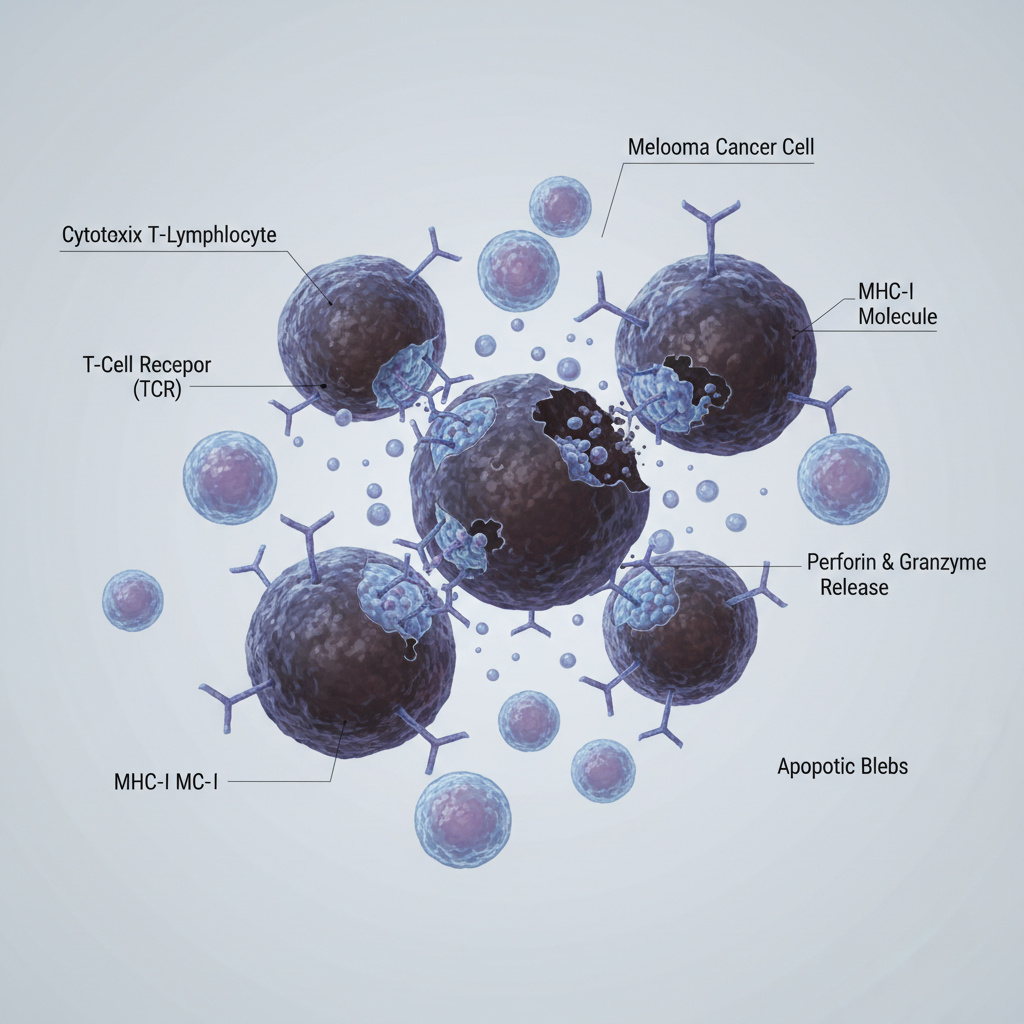Neurosurgery in Israel — Tel Aviv Medical Clinic
When people search for neurosurgery in Israel, they usually look for two things: advanced treatment and experienced surgeons they can trust. At Tel Aviv Medical Clinic, patients receive both. Our team performs complex brain and spine surgeries while focusing on safety, precision, and preserving the patient’s quality of life — speech, movement, memory.
Diagnostics: why it matters so much here
Every step starts with careful testing. In Israel, we invest in high-resolution MRI scans, functional mapping of the brain, and, when needed, intraoperative MRI during surgery. PET-CT and MR spectroscopy are also available, helping our doctors see the difference between active tumor cells and scar tissue.
Prof. Constantini often reminds families: “Most headaches in children are harmless. But when they come with vomiting, seizures, or sudden behavior changes — that’s when we act fast.” This mix of advanced tools and clinical judgment is exactly what makes Israeli neurosurgery reliable.
Surgery: modern methods, faster recovery
In Tel Aviv, neurosurgeons rely on minimally invasive techniques whenever possible.
- Endoscopic approaches through the nose or a small incision mean less trauma.
- Focused ultrasound (FUS) is already used here — destroying a lesion without opening the skull.
- Navigation systems act like GPS for the surgeon.
- Robotic platforms assist in complex spinal procedures and electrode placement.
As Prof. Roth explains: “Not every tumor means immediate surgery. Sometimes observation or targeted therapy comes first. We always decide in a team.” This multidisciplinary thinking is a hallmark of Israeli medicine.
Brain tumor care in Israel
Our neuro-oncology unit combines surgery with state-of-the-art radiation therapy, chemotherapy, and molecularly targeted drugs. Immunotherapy is becoming part of standard protocols, and in Tel Aviv many patients gain access to clinical trials — treatments not yet widely available elsewhere.
Prof. Roth notes that these targeted and immune-based therapies represent one of the biggest breakthroughs in brain tumor care worldwide, and Israeli centers are often among the first to use them.
Functional neurosurgery
Not all patients come with tumors. Many suffer from Parkinson’s disease, epilepsy, or severe spasticity.
- Deep Brain Stimulation (DBS) helps restore control of movement.
- Epilepsy surgery is considered when medications fail.
- Baclofen pumps reduce spasticity and improve daily function.
Prof. Constantini emphasizes: “Even in severe epilepsy, surgery or neuromodulation can change a patient’s life dramatically.”






- Pediatric Neurosergery
- Neuro-Oncology
- Skull Base Surgery
- Invasive Neuroradiology
- Endoscopic Neurosurgery
- Brain Catheterization Unit
- Spinal Surgery Unit
- Peripheral Nerve Reconstruction Unit
Rehabilitation: Israeli approach to full recovery
In Israel, post-surgical care is not an afterthought. Physiotherapists, speech therapists, and psychologists all work together. This combined approach helps patients return to normal life faster and with better long-term results.
📞 Looking for expert neurosurgery in Israel?
Our specialists in Tel Aviv provide advanced treatment, second opinions, and personalized care.
📞 Call us: +972-73-374-6844
📧 Email: [email protected]
💬 WhatsApp: +972-52-337-3108



























